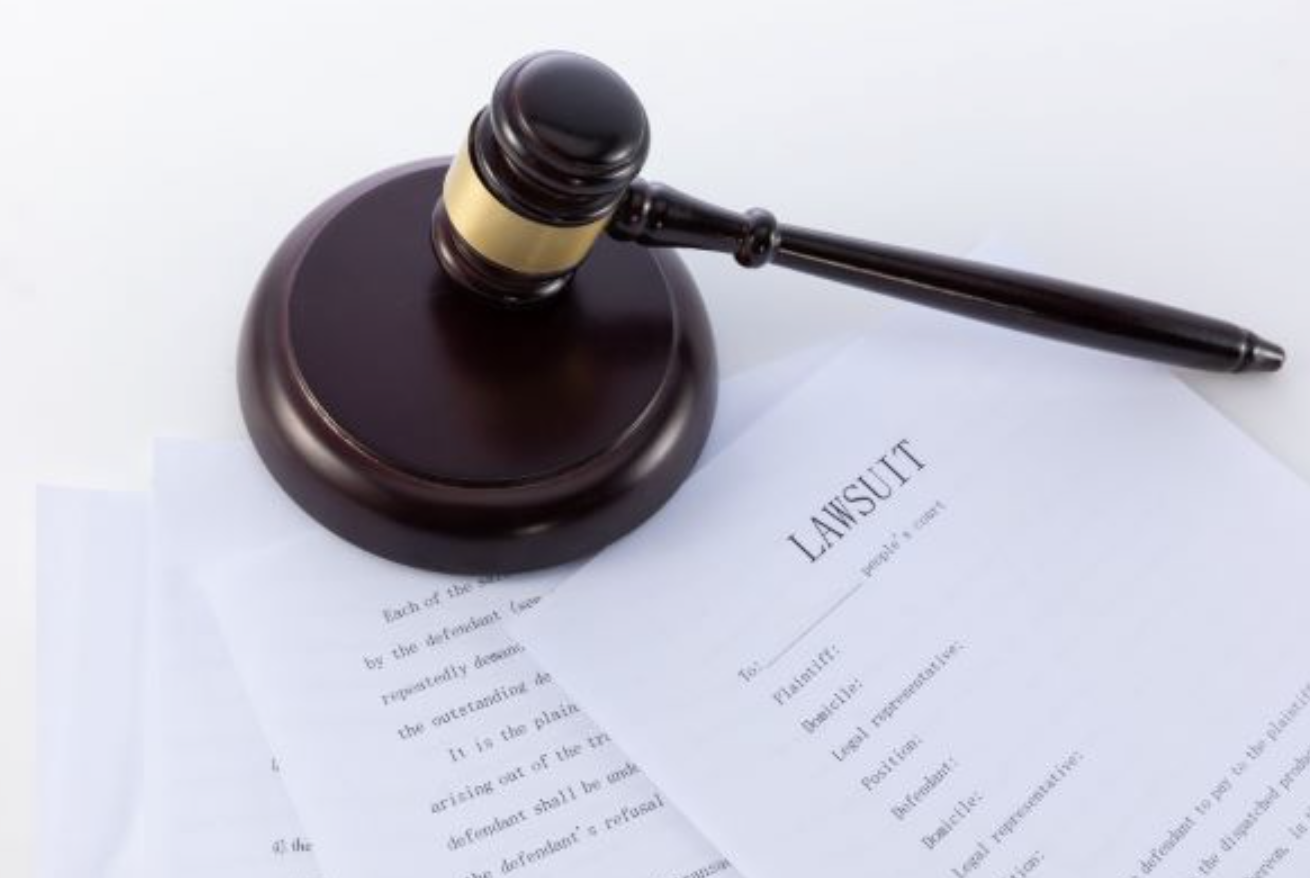The state governor’s office had earlier argued that simply ignoring public records requests is not akin to “refusing” them.
The Iowa Supreme Court refused to dismiss a lawsuit filed against state Gov. Kim Reynolds, which seeks to require her office to comply with, and respond to, public records requests.
According to The Associated Press, the Iowa Supreme Court rejected Reynolds’ argument that her office is not obliged to respond in a timely manner to record requests.
The justices also dismissed Reynolds’ claim that she could legally avoid Iowa’s open records law by simply ignoring requests.
However, the court found that Reynolds’ practices violated both the letter and the intent of the state legislature’s open records act.
“An interpretation [of the open records law] that requires timely production promotes ‘free and open examination of public records,’” Justice David May wrote. “An interpretation that condones unlimited delay would hamper the ‘free and open examination of public records.’”
In its unanimous decision, the state Supreme Court ordered the case returned to district court, where it shall be decided on its merits.

“The governor’s office wanted a rule that it and its agencies can ignore public records requests without any consequences,” American Civil Liberties Union attorney Thomas Story said in a statement. “Instead, the Iowa Supreme Court has ruled that nobody is above the law.”
Reynolds had earlier blamed delays on COVID-19-related backlogs, saying that her office has since resumed responding to and process records requests.
“The initial outbreak of the COVID-19 pandemic consumed every aspect of our daily lives, and accordingly my office shifted its entire focus to help Iowans navigate that difficult period,” she said. “During that time, there was an unprecedented number of open records requests and many of those went unfulfilled for a period,” Reynolds said in a statement.
“While we disagree that this lawsuit should continue, my office has eliminated the backlog of open records requests and is committed to upholding our responsibility to respond to any new requests in a timely manner,” Reynolds said.
Nevertheless, Story and the American Civil Liberties Union said that the challenges posed by the coronavirus pandemic also raised questions of “great importance” to the public—questions that the Iowa state government appears to have tried to avoid.
“An effective democracy is transparent and response to its people. It does not hide its work and it does not ignore the progress,” Story said. “We are pleased with this decision and its impact on the rights of all Iowans to access information.”
The Associated Press notes that, in seeking to dismiss the lawsuit, attorneys for the state said that the lawsuit was moot because Reynolds’ office had since released redacted records.
The state also tried to counter the A.C.L.U.’s arguments by alleging that, by failing to respond to open records requests, the governor’s office was not technically “refusing” to respond to such requests.
In its ruling, the state Supreme Court cited several dictionary definitions of the word “refuse.”
“We conclude that a defendant may “refuse” either by (1) stating that it won’t produce records, or (2) showing that it won’t produce records. And we believe that this second kind of refusal — an implied or “silent” refusal — can be shown through an unreasonable delay in producing records,” the justices wrote.
While Story’s clients must still press their claims before the district court, the A.C.L.U. suggested that the Supreme Court’s interpretation of state law should set an important precedent for further open records claims.
“They not only reaffirmed prior precedent but the court provided additional guidance moving forward as to how state agencies must comply with these record requests and that guidance is very favorable to making open records requests and advances the cause of transparency in government,” Story said in a statement.
Sources
Court rejects governor’s move to dismiss public records suit
Gov. Kim Reynolds must comply with public records law, Iowa Supreme Court rules


Join the conversation!